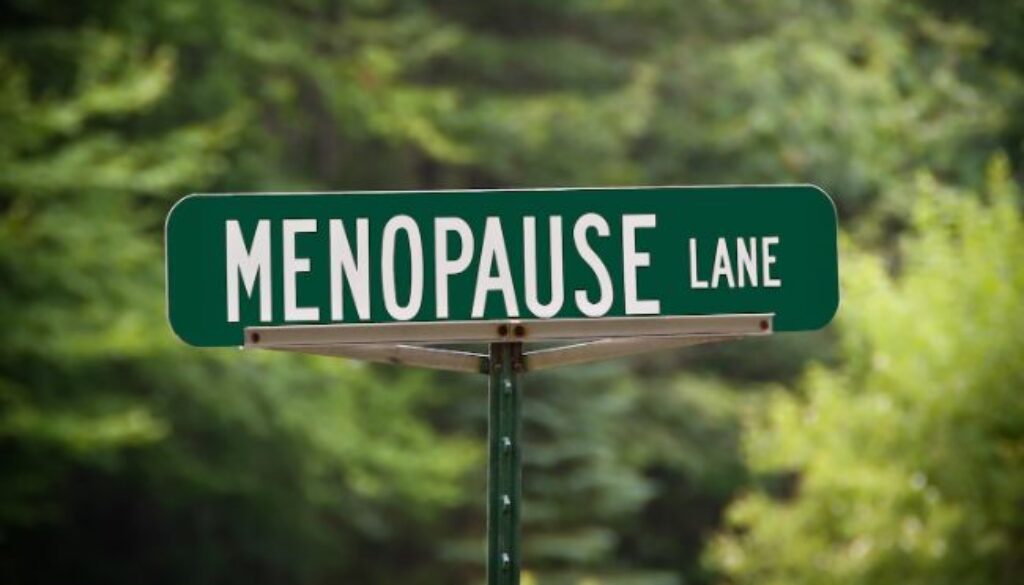Three Signs of Early Menopause
Ladies, has this ever happened to you? One minute you’re feeling warm, and then a thin layer of sweat forms across your forehead. Your face flushes. A minute later, you feel fine. You ask yourself, “Was that a hot flash? At my age?” You may wonder if you are on the brink of menopause.
You’re not alone.
What is menopause?
Menopause typically occurs when a woman is in her mid-40s or early 50s. In the United States, the average age of the onset of menopause is 51. Menopause is medically defined as beginning 12 months after a woman’s last period, and is a natural part of the body’s aging process. During this time, the ovaries do not produce as much of the hormones estrogen or progesterone.
If a menopause happens before age 40, it’s considered early menopause.
What causes early menopause?
There are several reasons why a woman may experience early menopause. The most common reasons include surgical removal of the uterus and / or ovaries, chemotherapy, autoimmune diseases and pelvic radiation treatments to fight cancer. There is also a strong genetic component—women who have early menopause are much more likely to have other women in their family with the same condition.
Three signs of early menopause
The absence of a period or irregular menstrual cycles doesn’t automatically mean a woman is entering early menopause. There are several other reasons for irregular cycles, ranging from stress to ovarian cysts to medications. If you’re having irregular periods or absent periods, it does not automatically indicate menopause, but it does mean that you should speak with your doctor.
- Physical changes
In addition to irregular or absent periods, the hormonal changes in early menopause cause changes in your skin and your sleep pattern. During menopause, your skin loses fatty tissue, which makes it drier and less elastic. Women in early menopause frequently have trouble sleeping and are bothered by night sweats. Your waistline may also be growing due to a slower metabolism, another sign of early menopause. - Memory loss and emotions
“Could you hand me that . . . that . . . ” You know the word you want to say, and it’s on the tip of your tongue, but you can’t quite put your thoughts together. While some memory challenges are a part of the natural process of aging, they are also a sign of menopause. Fluctuation hormones can dramatically contribute to depression, mood swings, or anxiety. - Sexual challenges
Some women find they aren’t interested in sex anymore due to pain, discomfort and vaginal dryness. Hormonal changes may also lower a woman’s libido, or sex drive. Speak with your doctor about any concerns you may have. There are several treatments available to help you.
Early menopause is very common. Because there are several different causes, it’s important to speak to your physician so he or she can create a treatment plan tailored specifically for you.




